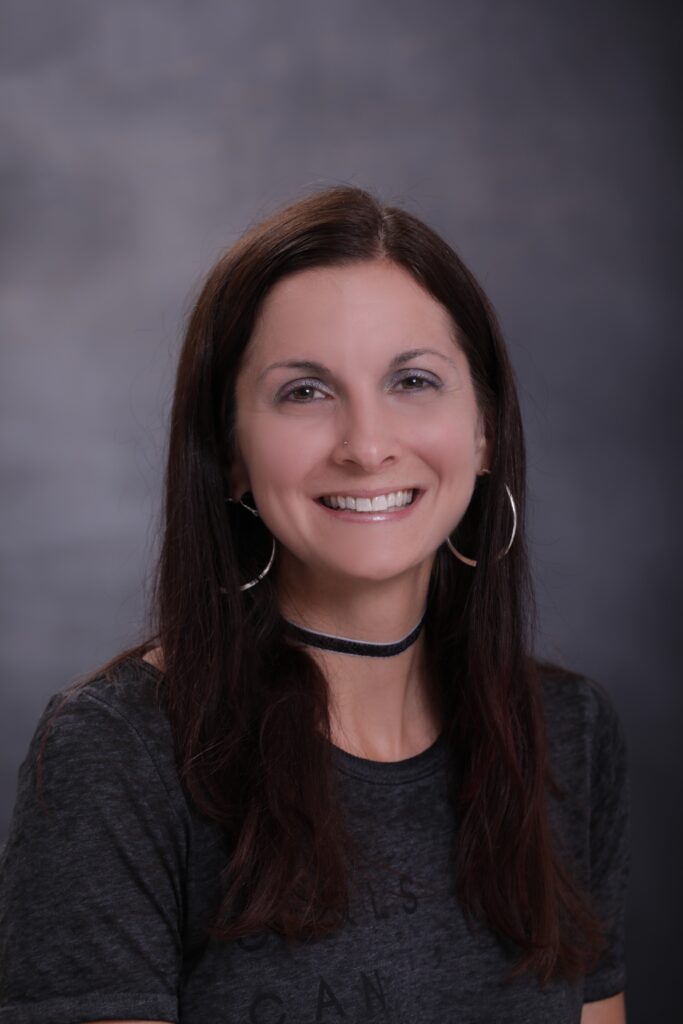Your cart is currently empty!
Embrace Wellness for National Counseling Month: Interview with Christine Shepherd

Christine begins with an intriguing introduction,
“I was born and raised in West Texas (USA), and when I graduated with my bachelor’s degree, I moved to Thailand. I helped out with an orphanage and was a nanny to three precious boys from Singapore for nearly 2 years. I met my husband there, and after getting married, we both got our Masters degrees (mine in Counseling) and moved to the Middle East, where we have lived for over 12 years.”
Christine has since moved back to the US, though she still works with some clients internationally. Now, she finds her niche in working with individuals with disability, especially within school systems. She specializes in working with young people with FASD.
Media Director and interviewer Casidee Gonzales asks, “What made you want to become a counselor?”
Christine explains, “My own personal experiences … Living overseas and realizing how little access people have to qualified professionals who practice both ethically and based on research and best practice.”
When asked about how her counseling has made a difference in the lives of people with disabilities, Shepherd responds,
“I believe I offer a unique understanding of this because I am parenting two precious kiddos with brain-based differences, and it is my passion and joy to advocate for them, but it is far from easy, and most days, I am just utterly exhausted… I want people to truly value themselves and stop feeling like they need to change for those around them, which is how many of my clients feel: like they have been expected to change for the neurotypical world their whole lives instead of being validated for who they are.”
Shepherd wishes that “students truly knew that there are many school counselors out there who want to hear their story, advocate for them, and offer them a safe space to talk, vent, cry, fall… (and) caregivers knew their rights with IEPs, and taking what schools say at face value might not be what is in the best interest of their child… I want families to do their homework and find what works for them and advocate for that, even if the school officials don’t always understand or agree.”
Shepherd specializes in several therapies but can speak to what she has seen work with individuals with FASD who she has worked with. Shepherd praises the Families Moving Forward psychoeducational approach, saying, “psychoeducation on their brain-based difference and celebrating that and getting to know their brain (neurobehavioral approach) is the best gift we can give those with an FASD.”
She further explains that the success of this approach acknowledges that “so many people living with an FASD have been mislabeled, misdiagnosed, misunderstood, and caregivers are often treated as less-than parents. I believe they need a non-judgmental, safe place to share openly and freely and be validated for their many efforts on a regular basis.”
Christine Shepherd has worked extensively with clients with FASD. She wishes people understood “how much harder the brain has to work to do a menial task and how this small task can deplete their energy for the day, thus limiting their performance on expected tasks each day.”
Before wrapping up, Casidee asks if there’s anything Shepherd would like to say that didn’t get the chance to address. Shepherd shares, “I love working with people from other countries or who are living abroad themselves, as I was an expatriate for over 14 years myself. It isn’t easy to live in another culture, and I want to help others know they are not alone.”
You can access information about Shepherd’s practice and services below:
https://www.streamsinthedeserttherapy.com
https://www.psychologytoday.com/us/therapists/christine-shepherd-noblesville-in/1011149
